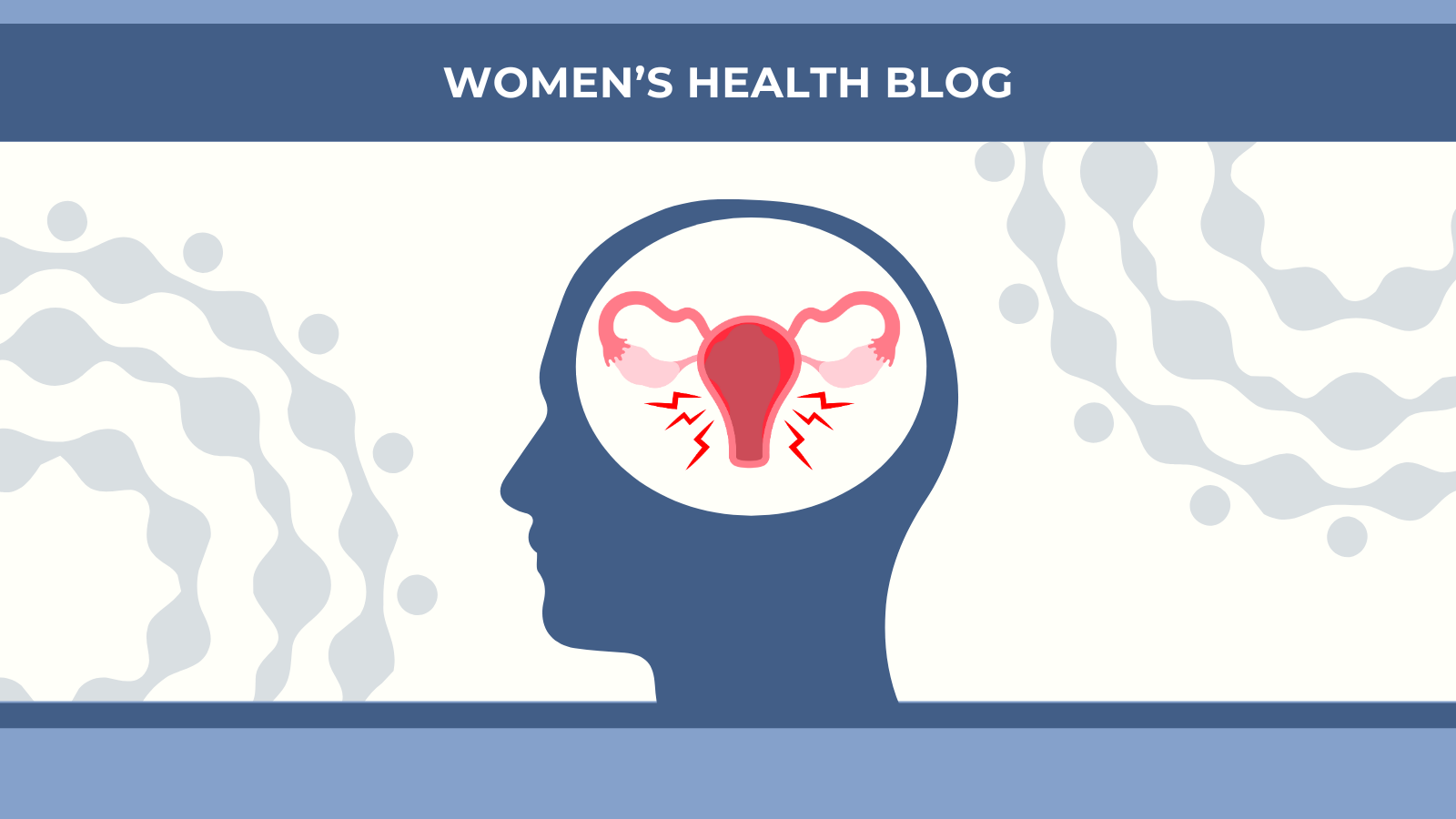The Understudied Disease That Can Affect The Brain: Endometriosis

Author: Małgorzata (Margot) Tybuszewska, MSc, University of Groningen, Netherlands | Editors: Romina Garcia de leon (blog coordinator) | Reviewer: Ahmad Mohammad
Published: October 31st, 2025
Painful periods are normal, you just have to get used to them is a phrase that unfortunately most women have heard or know someone who has heard it. In fact, over 80% of women experience pain during periods. While some discomfort may be common, severe or chronic pelvic pain could be a symptom of a gynaecological disease called endometriosis. It affects around 10% of people with ovaries worldwide and is characterized by the growth of the uterine lining outside of the uterus. The symptomatology differs between individuals, but it generally includes chronic pelvic pain, pain during intercourse, infertility (30-50% of individuals with endometriosis experience infertility), and more. Furthermore, there is growing evidence that individuals with endometriosis are more likely to suffer from psychiatric disorders, such as depression or anxiety. This raises an intriguing question: Could endometriosis affect the brain?
The Complexity of Endometriosis
Endometriosis remains highly understudied. Diagnosis typically depends on the determination of symptoms (which can differ between individuals and can overlap with other pelvic pain-related conditions) or on surgical confirmation of lesions. This results in a significant delay in a diagnosis, which in Canada is 5.4 years.
Endometriosis is an inflammatory disease and is linked to increased production of estradiol (the most potent form of estrogen). However, the exact biological pathways behind the disease are still largely unknown, including the reason for increased rates of psychiatric disorders. Could certain biological signatures of the disease increase the rates of psychiatric disorders? Or is it chronic pain that precipitates psychiatric symptoms? Or maybe the social and emotional burden related to the disease, such as being dismissed by medical practitioners, difficulties in the workplace resulting from the chronic pain, or the psychological or social impact of infertility, contributes to the development of psychiatric disorders?
The most probable answer is that there is an interplay of those different factors. However, there are possible biological pathways that might play a role in the development of psychiatric disorders in endometriosis. One of such biological markers include Brain-Derived Neurotrophic Factor (BDNF).
Brain-Derived Neurotrophic Factor
It has been found that individuals suffering from endometriosis have higher levels of peripheral BDNF. BDNF is an important protein in the nervous system, taking part in neuronal survival, growth, and neuroplasticity. There are two biologically active forms of BDNF: precursor BDNF (proBDNF), which is more involved in cell death and negative regulation of brain plasticity, and mature BDNF, which is more involved in neuronal survival and is known to exert antidepressant-like effects.
Individuals suffering from depression have lower levels of peripheral mature BDNF but increased levels of precursor BDNF. Importantly, elevated levels of peripheral BDNF in endometriosis are of precursor BDNF, and not of mature BDNF.
So, could the endometriosis-related increase in precursor BDNF drive the development of psychiatric disorders like depression? At this point, we don’t know. There are currently no studies assessing the direct relationship of precursor BDNF in endometriosis and its impact on the development of psychiatric disorders.
The development of endometriosis may result in increased levels of precursor BDNF, which in turn leads to the development of psychiatric disorders. Alternatively, other endometriosis-related factors drive the development of psychiatric disorders, which in turn results in increased levels of precursor BDNF. However, it is also possible that entirely different mechanisms play a role, and we currently know nothing about them.
Why is This Important?
We urgently need more research exploring the biological, psychological, and social aspects of endometriosis. It could lead to the development of more precise and faster diagnoses and better treatment options. It is important, not only because it is a debilitating condition affecting millions of people, but also because research on women’s health has been underfunded, undervalued, and overlooked for too long.
So, if you are a researcher, maybe this aspect of endometriosis is worth looking at. If you are a clinician, maybe it is time to ask different questions. And if you are someone with endometriosis, remember that your pain is real, your mental health matters, and the science is finally catching up.



